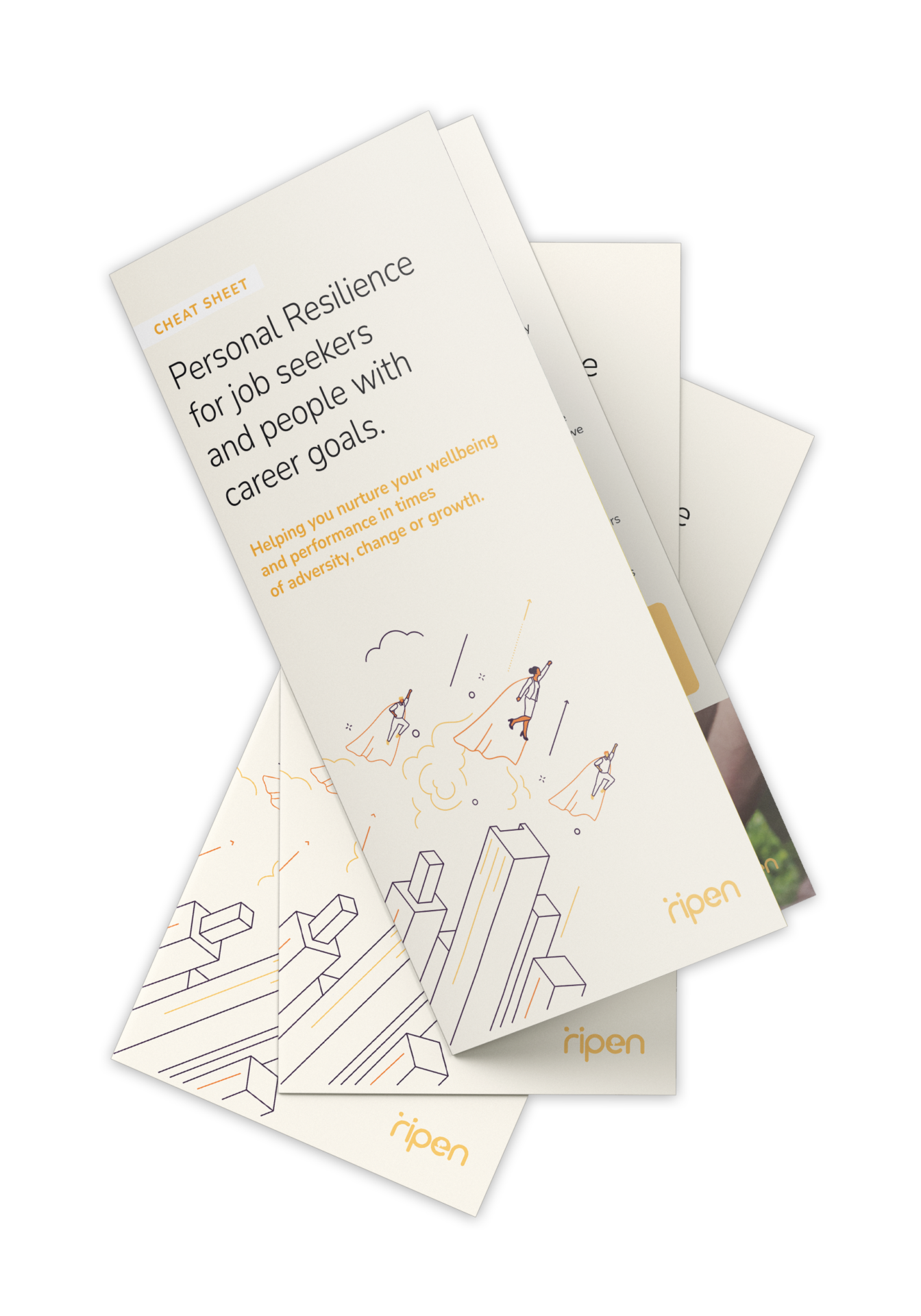Resilience can be determined by a Person’s ability to cope and thrive in 3 environments…
- The physical environment = Biological Resilience! e.g. Protection against sickness, fatigue & burnout.
- The psychological environment = Cognitive Resilience! e.g. Positively managing workload stress, major uncertainty & change.
- The social environment = Social Resilience! e.g. Navigating conflict, negative feedback & isolation.
Born with Resilience, or not.
Inborn traits such as having an easy temperament, a good sense of humour, or strong cognitive abilities and problem solving skills are found to enable Resilience when faced with adversity or conflict. These traits make problems seem easier to deal with and less stressful to overcome. We also have a predetermined level of genetic or Biological Resilience which enables us to be biologically ready to overcome threats in the environment, such as viruses.
Learning to take care of our physical wellbeing therefore helps to build our Biological Resilience, but many of the situations that we face today, such as adversity, change or uncertainty, are more ‘mental’ than ‘physical’. We therefore need a more rounded approach to building Personal Resilience, that enables the development of our Biological, Cognitive and Social Resilience combined.
Resilience abilities that can be learned
The following ‘processes’ have been identified as increasing our overall Resilience, and are better described as a set of abilities that can be enhanced through learning:
Self-awareness – the ability to pay attention to your thoughts, emotions, behaviours, and psychological reactions.
Self-regulation – the ability to change one’s thoughts, emotions, behaviours and physiology in the service of a desired outcome.
Mental Agility – the ability to look at situations from multiple perspectives and to think creatively and flexibly.
Optimism – the ability to notice and expect the positive, to focus on what you can control, and to take purposeful action.
Connection – the ability to build and maintain strong, trusting relationships.
Strengths of Character – the ability to use one’s top strengths to engage authentically, overcome challenges, and create a life aligned with one’s values.
So if these Resilience abilities can be learned, or enhanced through learning, what’s the first step in building more Personal Resilience?

